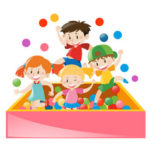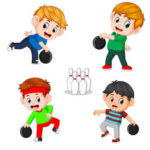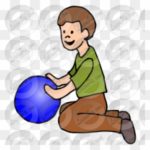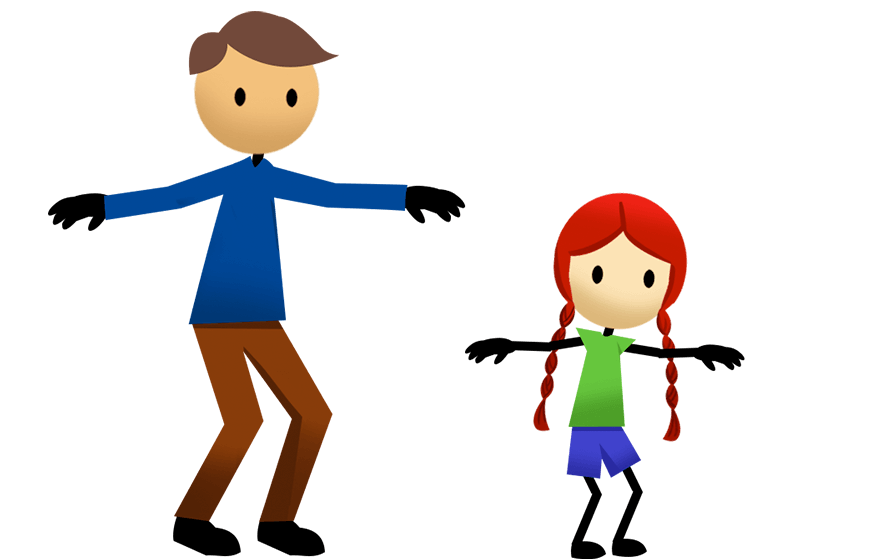
by Rashmi Sharma | Apr 17, 2020 | Fitness Activity
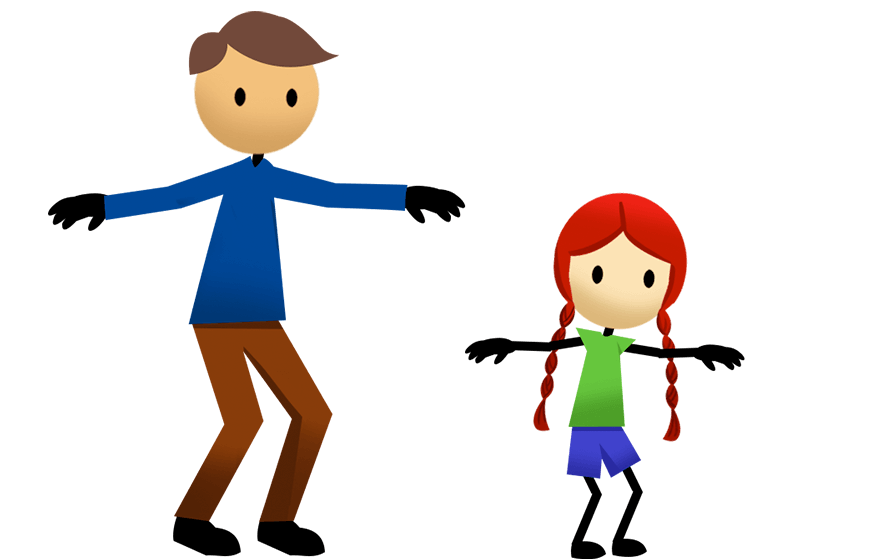
Requirements
- Ideally, more than one child
Instructions
- Either indoors or outdoors, have your child “lead” you around, over, under and through obstacles.
- If indoors, your child can lead around, over or under furniture (with your supervision and permission).
- If outdoors, your child can lead around, over, under and through playground equipment, trees, and shrubs.
- Encourage leaders to vary movements with walking, running, changing direction, stopping, and starting.
- Ensure you are playing in a safe place. Do not play around cars or mechanical equipment.
Variations
- Have children take turns being the leader
- If you join the game as an adult, make sure the children take turns leading most of the time
Benefits
This activity develops leg coordination, dynamic balance, and speed. These skills transfer to sports and activities that involve dynamic balance and speed (e.g., soccer, basketball, hockey, volleyball, racquet sports, martial arts, dance).
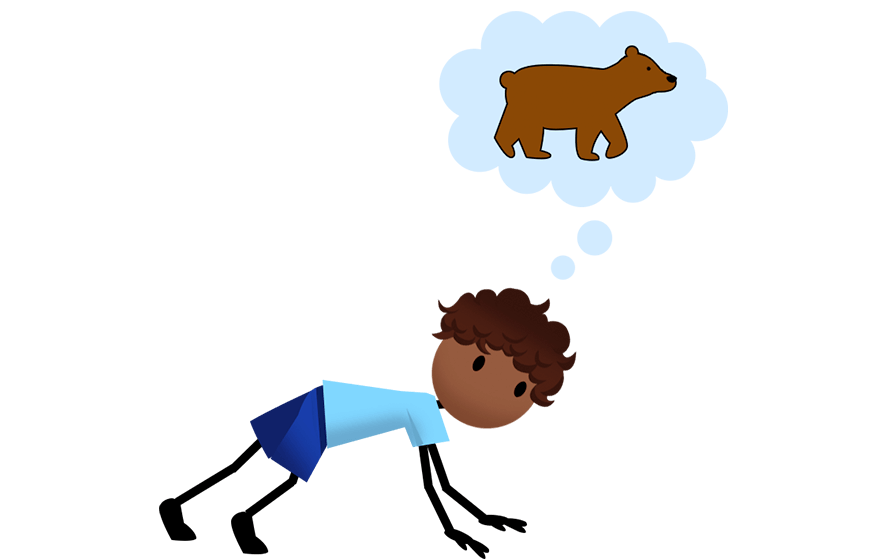
by Rashmi Sharma | Apr 17, 2020 | Fitness Activity
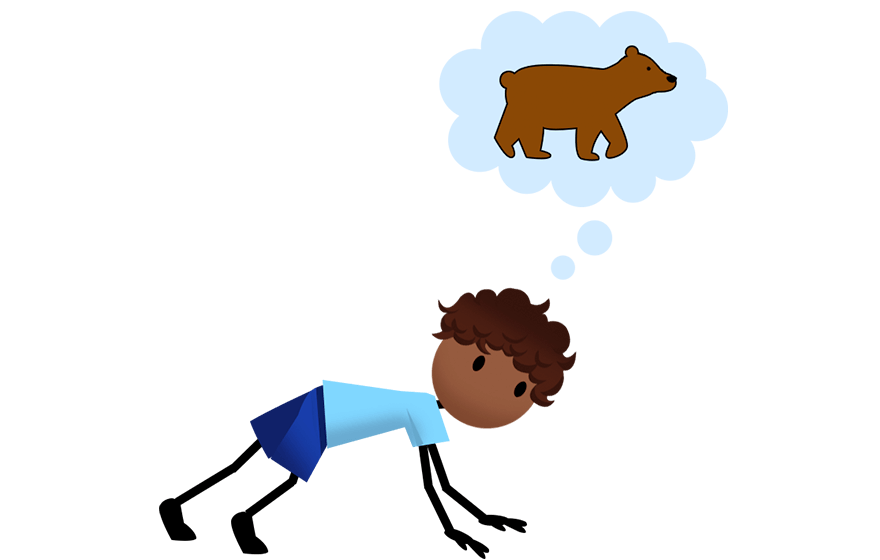
Requirements
• Open indoor space, or dry outdoor space with grass.
• Rope, ribbon, or any line on the ground.
Instructions
- Talk with your preschool child about bears. How do bears move?
- Show your child how to crawl like a bear. Knees do not touch the ground.
- Stretch out a rope or ribbon on the grass, or find a line marked on the floor.
- Crawl along the rope, ribbon or line like a tightrope in the circus. Feet and hands must stay on the rope, ribbon or line.
Variations
• If there are several children present, try having a bear crawl race. Mark a starting line and a finish line 10 metres away.
Benefits
This activity develops coordination, balance, and strength as kids try to imitate the movements of a bear.
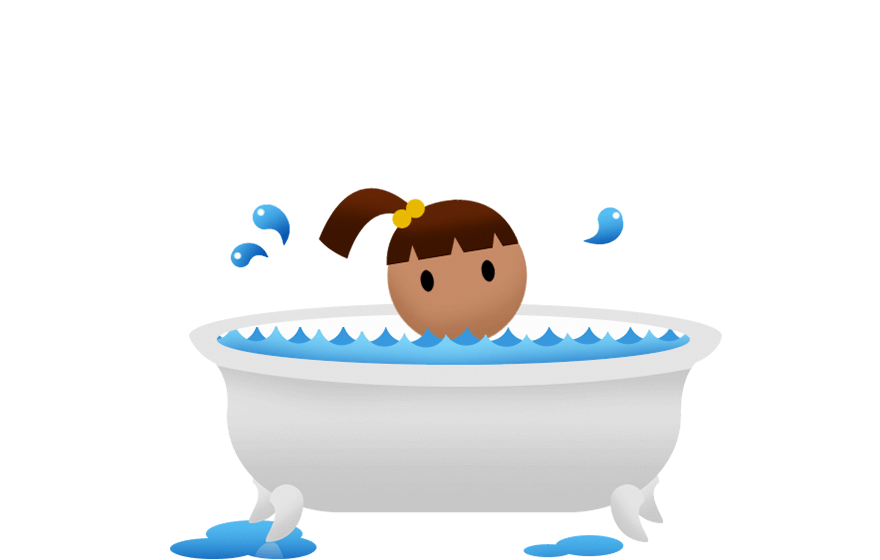
by Rashmi Sharma | Apr 17, 2020 | Fitness Activity
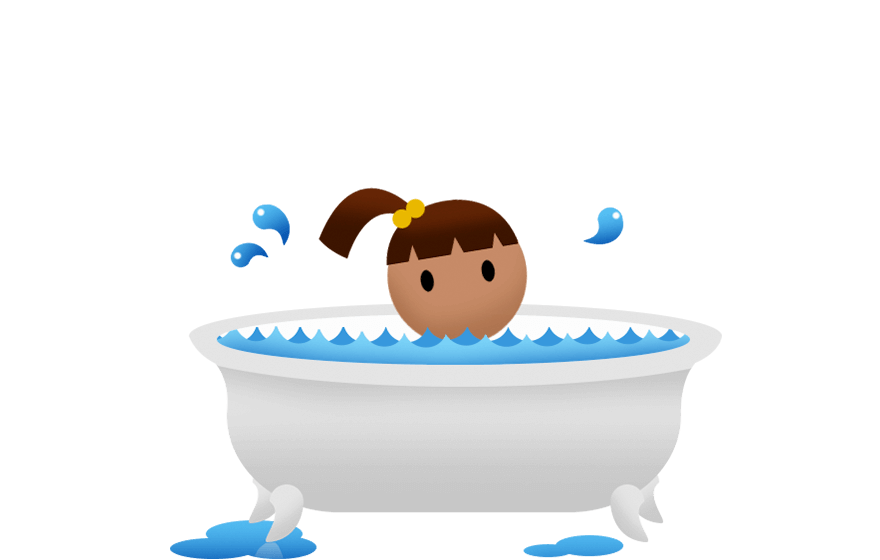
Requirements
- Bathtub and parent supervision
Instructions
- During bath time, encourage your toddler to splash in the water by kicking their legs.
- Remove items from near the bathtub if you do not want them wet.
- Have your toddler kick as they sit or recline in the bathtub. (Support their head if necessary.)
Variations
- Encourage your toddler to splash with their hands by pushing the water with their hands as paddles
Benefits
This activity develops leg coordination, strength and gross motor control in the lower body. These skills transfer to sports and activities that involve swimming or simply kicking an object (e.g., soccer, football, martial arts).
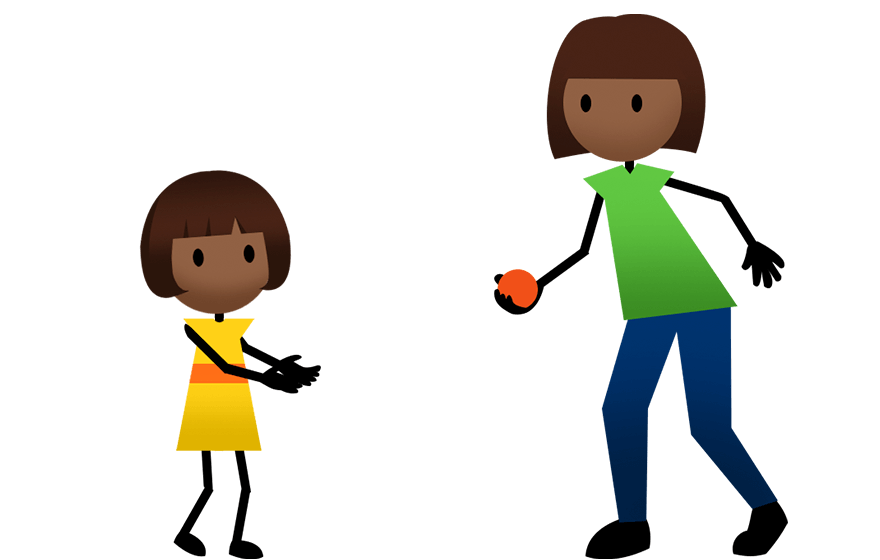
by Rashmi Sharma | Apr 17, 2020 | Fitness Activity
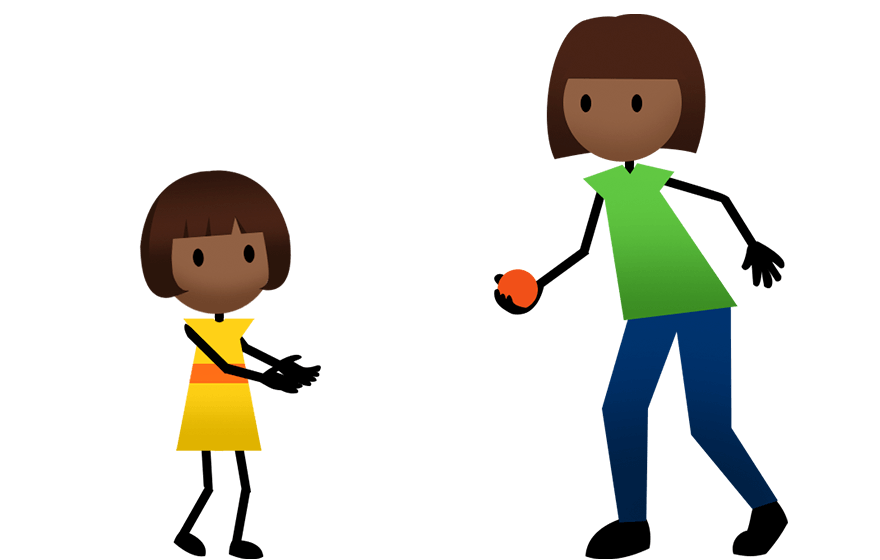
Requirements
- Get a large, soft foam ball, or make a sock ball (stuff two socks into one another) – the ball should have a diameter between 10-15 cm
Instructions
- Show your toddler how to stand with their hands and forearms forming a bowl or “basket” in front of their stomach.
- Toss the ball into their “basket” from about 30 cm away.
- As your child becomes confident catching at this distance, increase the distance of your toss slightly.
- Eventually, see if your toddler can catch from 1 metre away.
- For especially young toddlers, you might begin by simply sitting and rolling the ball back and forth between you.
Variations
- Find the right level of difficulty for your child – don’t challenge your child to catch from more than 1 metre distance if they only catch 1 out of 3 tosses – keep it fun by ensuring some success
Benefits
This activity develops hand-eye coordination, gross motor control, and the ability to track moving objects in the air. These skills transfer to sports and activities that involve flying objects (e.g., balls, shuttlecocks, frisbees, ribbons, sticks, batons).

by Rashmi Sharma | Apr 17, 2020 | Fitness Activity
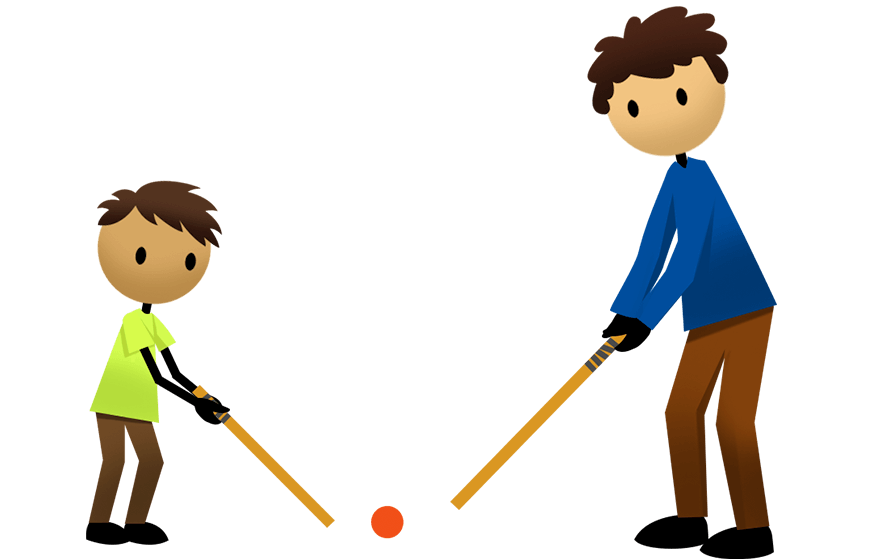
Requirements
- 60-80 cm smooth stick or narrow piece of lumber that fits in child’s hands
- Hockey tape
- Ball(s) 10-25 cm in diameter or empty tin can
Instructions
- Wrap one end of the stick with hockey tape to form a handgrip.
- In an outdoor place (yard or park), hit the ball or tin can around on the ground.
- Make sure your child does not hit animals or other children.
Variations
- As your child develops better control of the stick, try rolling a ball for them to hit
Benefits
This activity develops hand-eye coordination and timing while using a striking tool (such as a bat, a racquet, or a hockey stick)













